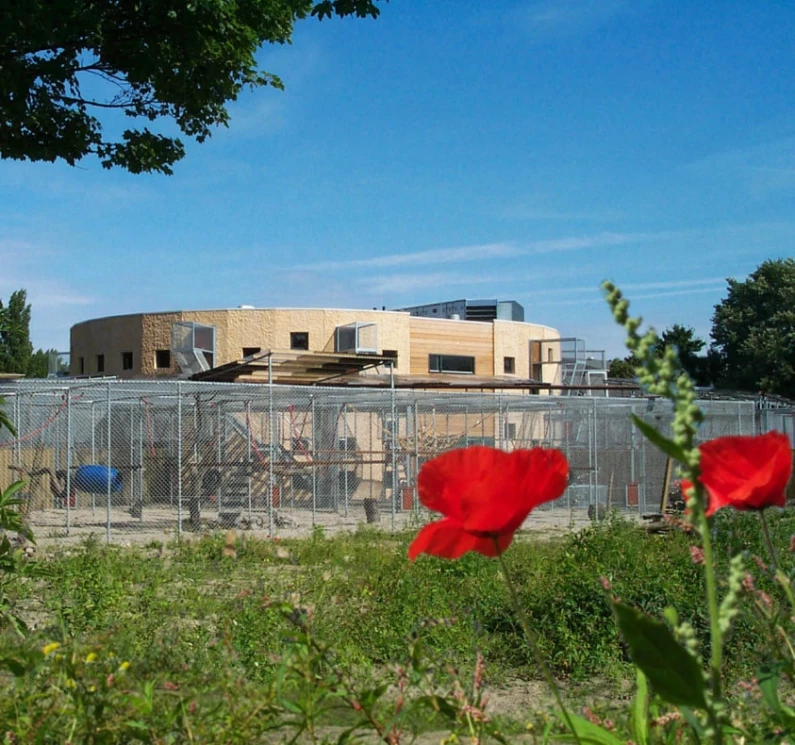Questions & Answers
We have subdivided the questions and answers into the five subcategories below. These subcategories present the answers to the questions we have been asked most over the years. If you feel there is a question we forgot to answer, or if our answers raised some new questions for you, please send an e-mail to [email protected].

In large parts of the world, people's health has improved considerably in the past century. This is not just because of improved hygiene, but is also largely due to breakthroughs in the medical industry, e.g.
The Biomedical Primate Research Centre (BPRC) is a scientific research institute that conducts biomedical research on life-threatening diseases, e.g. AIDS, malaria, hepatitis, tuberculosis and autoimmune diseases such as MS.
But that is not all BPRC does. We also collaborate with zoos, and we contribute to the health of primates living in the wild; BPRC researchers are working hard to develop methods which will help us preserve endangered species in an animal-friendly manner.

In its capacity as Europe's one of the largest largest non-commercial primate research centre, BPRC plays a vital part in biomedical research on serious diseases affecting humans. BPRC conducts both exploratory and applied medical research for the purpose of improving public health.
Without exception, such studies take a long time to be completed, and experiments involving primates continue to be necessary. We accommodate and look after our animals with great devotion and attention, and while we do so, we try to determine how we can change things in the future. For this reason, BPRC is very active in the development of alternative methods which do not involve animal testing.
We do not keep the results of our studies (both involving and not involving animals) to ourselves. We make all our data available to third parties through publications, for example. Besides that, our special biobank, constitutes a valuable source of information for organisations both in the Netherlands and abroad.